Idea by
Barbara Nawrocka + Dominika Wilczynska + Karol Kurnicki
miastopracownia
Call for ideas 2020
The House of Culture
The House of Culture
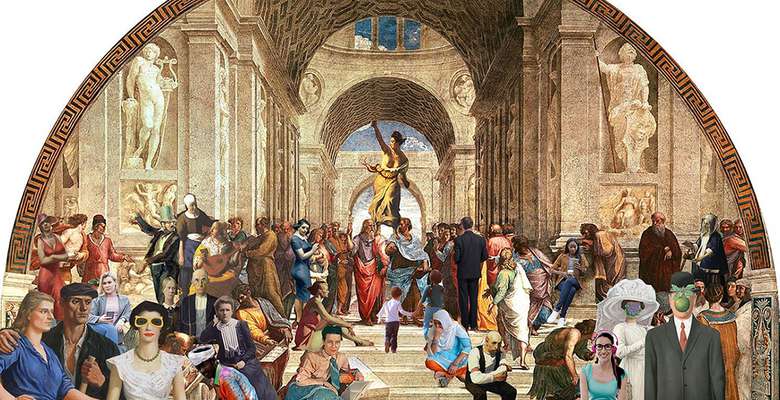
- New alliances
We want to reinvent the house of culture as a social and spatial place of encounter. Now, in the times of global climate catastrophe, massive migrations and dissolution of old forms of social relations, the need to redefine places where people meet, create bonds and collaborate is even more pressing.
The house of culture for the future is built on ideas that defined its character since the times of socialist programmes of 20th century. Houses of culture have been conceived as part of modernisation based on the emancipation of people through democratic culture and knowledge.
The reinvention of house of culture is a representation and a system. It flips the pyramide on its top and prioritizes citizens, not the state. Their contribution and energy is what decides about the inclusiveness, emancipation and egalitarian values.
House of culture is the idea that human societies have a future and this future is built on encounter, cooperation and cultural engagement.
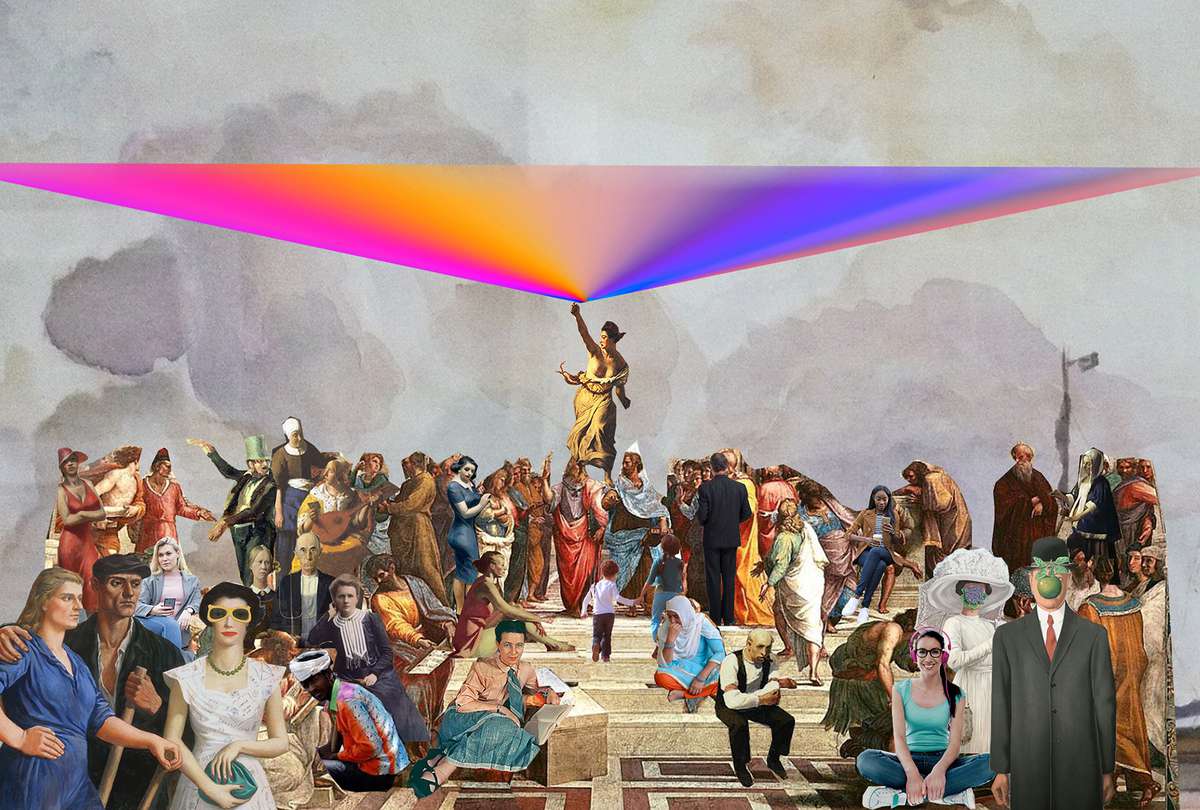
House of culture, dom kultury, kultúrny dom, dům kultury, művelődési ház, casa de cultură, dom kulture - every house of culture is an agora under the roof.
It is a persistent and lively icon of solidarity and cooperation.
House of culture is a synonym of a third place, an architectural embodiment of public space.
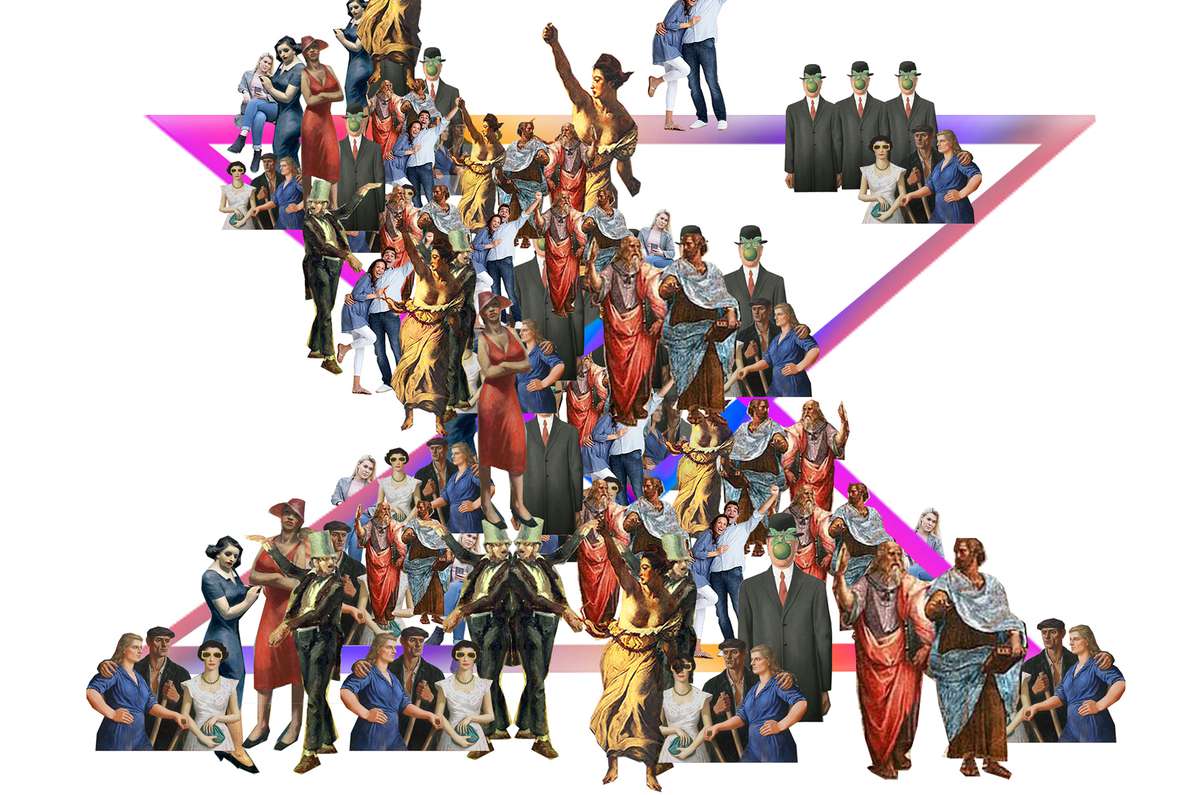
House of culture for the future must enhance its inclusiveness and strengthen its role as a meeting place.
It relies on common effort and ideas from those involved in the activities - individual people, groups and things.
It is a place geared towards contribution and invention of new socialities, situations and relations.
It is a micro-scale testing bed for possible connections between people, things and technologies.

The system can implement the function into spaces already used by people, such as industrial areas, housing estates or transportation hubs as well as those that are on the border between different spaces and therefore used by different social groups.
The free of charge principle strengthens inclusiveness and helps to overcome barriers between people.
This project is our call that current and future societies need houses of cultures as much as they need housing, schools and hospitals.
The House of Culture
The House of Culture

- New alliances
We want to reinvent the house of culture as a social and spatial place of encounter. Now, in the times of global climate catastrophe, massive migrations and dissolution of old forms of social relations, the need to redefine places where people meet, create bonds and collaborate is even more pressing.
The house of culture for the future is built on ideas that defined its character since the times of socialist programmes of 20th century. Houses of culture have been conceived as part of modernisation based on the emancipation of people through democratic culture and knowledge.
The reinvention of house of culture is a representation and a system. It flips the pyramide on its top and prioritizes citizens, not the state. Their contribution and energy is what decides about the inclusiveness, emancipation and egalitarian values.
House of culture is the idea that human societies have a future and this future is built on encounter, cooperation and cultural engagement.
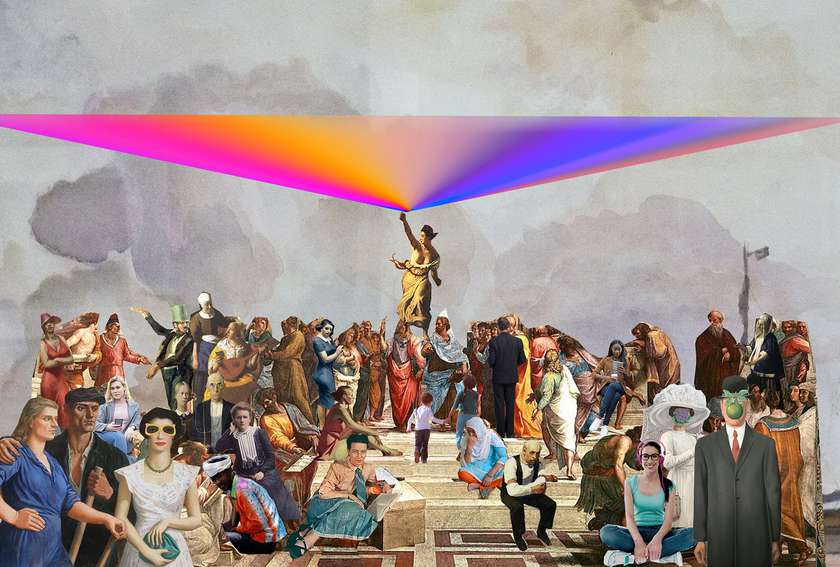
House of culture, dom kultury, kultúrny dom, dům kultury, művelődési ház, casa de cultură, dom kulture - every house of culture is an agora under the roof.
It is a persistent and lively icon of solidarity and cooperation.
House of culture is a synonym of a third place, an architectural embodiment of public space.
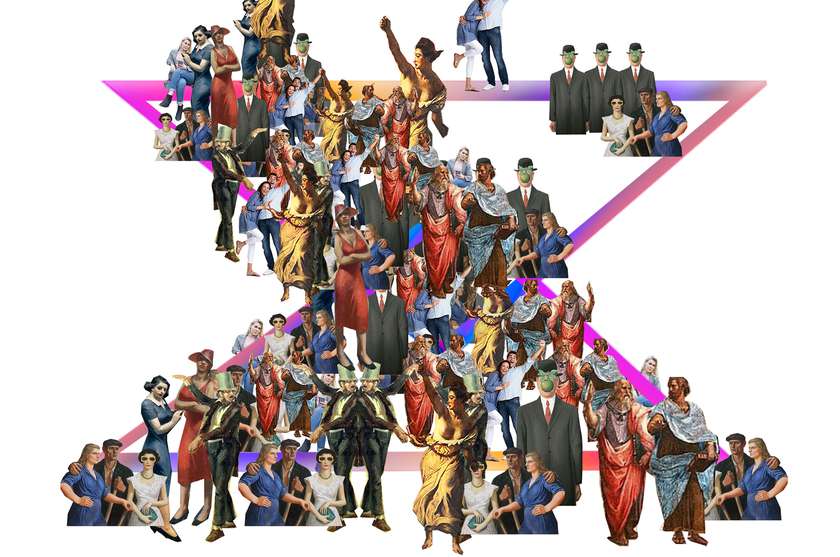
House of culture for the future must enhance its inclusiveness and strengthen its role as a meeting place.
It relies on common effort and ideas from those involved in the activities - individual people, groups and things.
It is a place geared towards contribution and invention of new socialities, situations and relations.
It is a micro-scale testing bed for possible connections between people, things and technologies.

The system can implement the function into spaces already used by people, such as industrial areas, housing estates or transportation hubs as well as those that are on the border between different spaces and therefore used by different social groups.
The free of charge principle strengthens inclusiveness and helps to overcome barriers between people.
This project is our call that current and future societies need houses of cultures as much as they need housing, schools and hospitals.